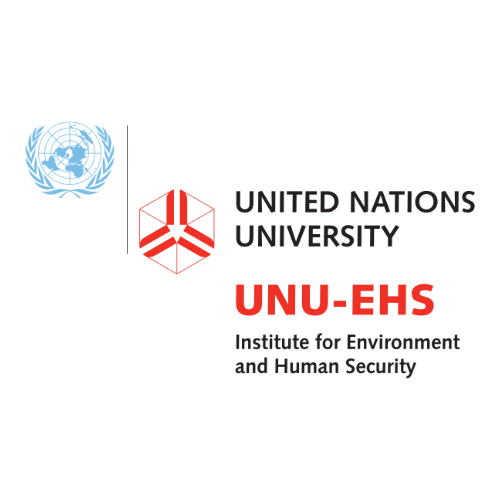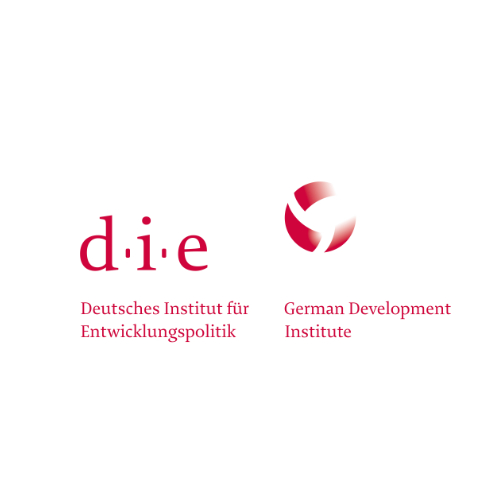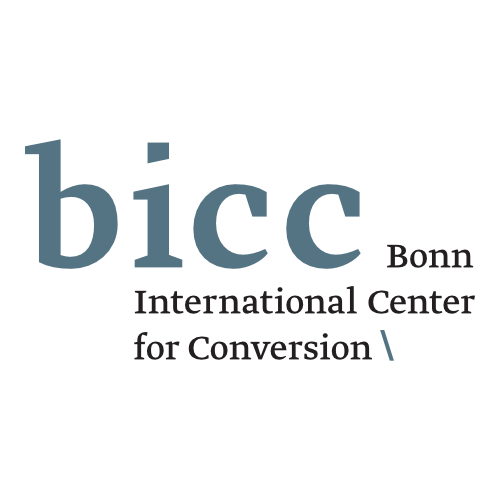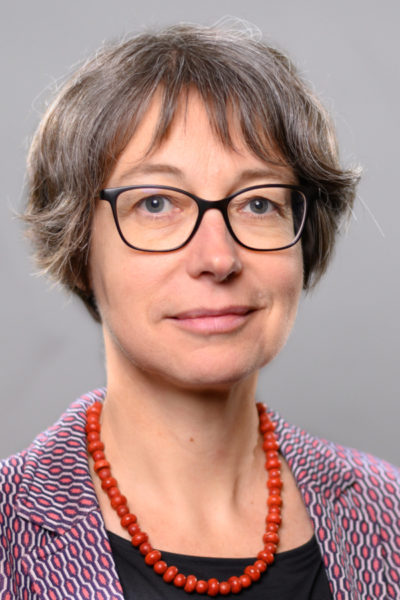
GLOMOS programme supports international humanitarian relief efforts in Saint Vincent volcano eruption
Since April the La Soufrière volcano, located in the north of the largest island of the country of Saint Vincent and the Grenadines in the Caribbean, has erupted multiple times. Strong explosions generated ash plumes, which are not only impacting the entire island of Saint Vincent, but also transporting massive amounts of ash to the neighboring island country of Barbados in the Lesser Antilles of the West Indies.



